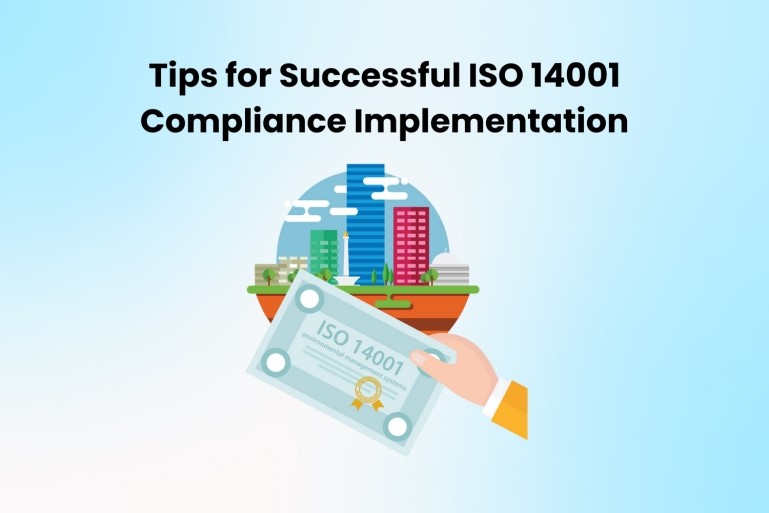Allergies can be very annoying and can wear you down. Nothing is more awful than looking forward to summertime, only to be confined indoors due to your allergy. Allergic reactions can have multiple adverse effects like tiredness, difficulty sleeping and overall hindrance in performing day-to-day activities. During the spring, flowers begin to bloom and that is when pollen tends to be the most acute. However, it does linger on well into the summer. Pollen is arguably the most apparent asthma and allergy offender during the spring and summertime. It is during this time that many people start seeking pollen allergy treatment.
People who suffer from pollen allergy know exposure can manifest in various pollen allergy symptoms. Common symptoms include sneezes, sniffles and even migraines. In addition, pollen from the air can cause irritability and hoard symptoms in the nose, lungs, throat, sinuses and even ears. It’s worth knowing that pollen isn’t the only allergy and asthma trigger. Air pollution and temperature changes can also make your symptoms worse.
Seasonal allergies are caused when pollen is released by trees, grass and weeds. The pollen type and its potency tends to vary from season to season. Let’s take a look at the months and the corresponding pollen types that are most active at that time of the year.
Allergy Season
From November to early February, there is the least amount of pollen in the air. As a result, people with allergies find it easy to be outside, around trees and flowers. From the month of March through to June is tree pollen season. During the summer, the grass grows, resulting in the spread of grass pollen through to mid-September. Till Winters at the end of October, weed pollen is also high.
How to Beat Pollen
You may be allergic to different kinds of pollen, but you can take specific steps to prevent a severe reaction or possibly avoid any reaction altogether. Some caution and lifestyle changes can make a big difference. If you suffer from a severe pollen allergy, it is highly recommended that you seek medical advice from your doctor. A Doctor can even prescribe you medications such as Pitch Fexofenadine, Cetirizine, Loratadine and Piriton as a pollen allergy treatment.
10 Ways To Keep Yourself Safe
If you experience allergies regularly, you may ask how to stop allergies immediately? While there is no single way to do it, you can, however, try some of the ways listed below for the best results.
1. Air Quality
Before you engage in any outdoor activity, you should look at that day’s air quality. Smog, pollutants and allergens in the air are troublesome for people who have asthma. Your weather application on your phone can give you a rough estimate of how bad or good the air quality is. It is recommended that you keep all outdoor activities to the early morning because that is when the air quality is usually the best. If you see an especially worse day to be outside, consider wearing a particle mask.
2. Strong Scents
Sprays, candles, lotions or cleaning chemicals can trigger an asthma episode. These products are often heavily scented to mask the smell of their chemical components. These scents contain heavy particles that can also trigger an asthma episode. It is best to avoid using scented lotion on your body and stay several feet away from any strong-smelling mosquito repellent. Ideally, use only non-scented cleaners in your bedroom and bathroom.
3. Know Your Allergies
Many people tend to misdiagnose themselves when it comes to pollen allergy and thus do not react the right way. For example, people who show tree pollen allergy symptoms might think that just being away from the tree would be enough. However, on a particularly windy day, the pollen will spread everywhere. Hence it is essential to know which types of pollen allergies you have, so you can learn to respond accordingly.
4. Keep Your Home Safe
HEPA filters can be used to keep your home safe. These filters use a fine mesh that effectively traps pollen in your indoor air. You can install one right in your bedroom. Furthermore, avoid opening windows or doors unnecessarily. Instead, turn on the air conditioner to keep the pollen out and the temperature cool in your home. It is also important to keep on top of dusting all surfaces in your home. Dust contains pollen and other irritants that can trigger your allergies.
5. Track Pollen Count
There are resources you can find online with active pollen counters and forecasts for different locations. These can give you insight into how high the pollen is for different types of plants on any given day in any given location. Using this data, you can decide whether it is safe for you to go outside. On a low pollen day, you may be fine without any protective masks. On high pollen days, it would be best to avoid being outdoors for too long.
6. Shower Regularly
Pollen can stick to your hair, skin and clothes. Once you return from the outdoors, it is a good idea to change your clothes and immediately wash your hair and body because otherwise, you can drop pollen around your house. It adds up and can cause you to have an allergic reaction even inside your house.
7. Take Caution of What You bring Inside Your Home
You need to keep an eye out for what comes inside your house. From shoes to clothes to even pets, all can bring pollen inside your house. It is best to take off your shoes at the door. If you have a pet, make sure you either do not allow them inside your bedroom or regularly brush their hair and wash your hands after touching them. Pets can carry pollen on their fur and can spread it all over your house.
8. Mould
Some individuals can become allergic to mould. To ensure mould does not grow inside your home, firstly, wipe away any standing water in your bathroom or shower. Secondly, use a ventilation fan every time you take a shower. This will prevent moisture from setting into your bathroom tiles. Also, try and keep the humidity level below the 60% mark.
9. Medication
If any of the other ways do not work, medications can be a good option. There are several medications you can take for seasonal allergy treatment. These include drugs like Fexofenadine, Cetirizine, Loratadine and Piriton. Your best bet is to start your allergy medication regimen about a month before your specific allergy season starts. That way, any medication has a chance to get into your system and start working before the season starts.
IQ Doctor
If you are looking for pharmaceutical options for the best allergy medicine for pollen, IQ Doctor is the place for you. It is a UK pharmacy fully licensed by the Medicines and Healthcare products Regulatory Agency (MHRA) to sell medicines online. IQ Doctor offers its customers a wide variety of antihistamines and the best allergy medicine for pollen. You can visit their website and get a free consultation with a medical professional to determine what medicine may suit you best. Once you place your order, the medication will be shipped to you right away.












